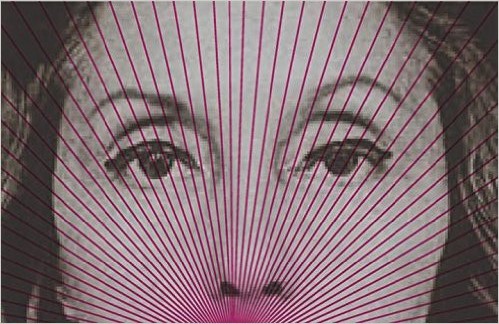, The New York Times Book Review. IMS Clarice Lispector, 2015. Disponível em: https://site.claricelispector.ims.com.br/en/2015/12/01/entre-os-100-melhores-da-the-new-yorker-book-review/. Acesso em: 27 July 2024.
The year’s season of retrospectives is now open, and one of the most respected in the literary circuit – the traditional list of 100 Notable Books of 2015, selected by the editors of The New York Times Book Review – has included among the highlights for Fiction and Poetry the title The Complete Stories, a volume of short stories by Clarice Lispector edited by Benjamin Moser and published by the New York publishing house New Directions. The book is expected to be released in Portuguese in 2016 by Rocco.
Katrina Dodson, translator of the more than 80 stories in Complete Stories, spoke with the IMS Blog about her relation with Lispector’s literature, the difficulties she encountered in translating her work, and comparisons with writers such as Kafka, Machado de Assis, and Virginia Woolf.
See also
 by Elizama Almeida
by Elizama Almeida
Celebrated in Argentina, New York, and Paris, 2016 Clarice’s Hour was divided last year between the themes of epistolary and translation.
 by Elizama Almeida
by Elizama Almeida
Ulysses was Clarice Lispector’s last dog, a mongrel who stole cigarette butts and queued for Coca-Cola and whiskey for visitors. He was so eccentric that he earned a robust note in the infamous periodical O Pasquim.
 by Victor Heringer
by Victor Heringer
In this edition of “Clarice’s Hour,” the IMS Paulista hosted a conversation with Idra Novey, mediated by the poet and editor Alberto Martins.
 by Marco Antonio Notaroberto
by Marco Antonio Notaroberto
The following text began with research on the correspondence between Clarice Lispector and her sisters Tania Kauffman and Elisa Lispector, under the care of the IMS.
 by Bruno Cosentino
by Bruno Cosentino
The second part of the original manuscripts of Um sopro de vida (A Breath of Life) was delivered by the writer's son, Paulo Gurgel Valente, to be incorporated into the Clarice Lispector Collection
 by Elizama Almeida
by Elizama Almeida
A conversation about football and literature between Armando Nogueira and Clarice Lispector







